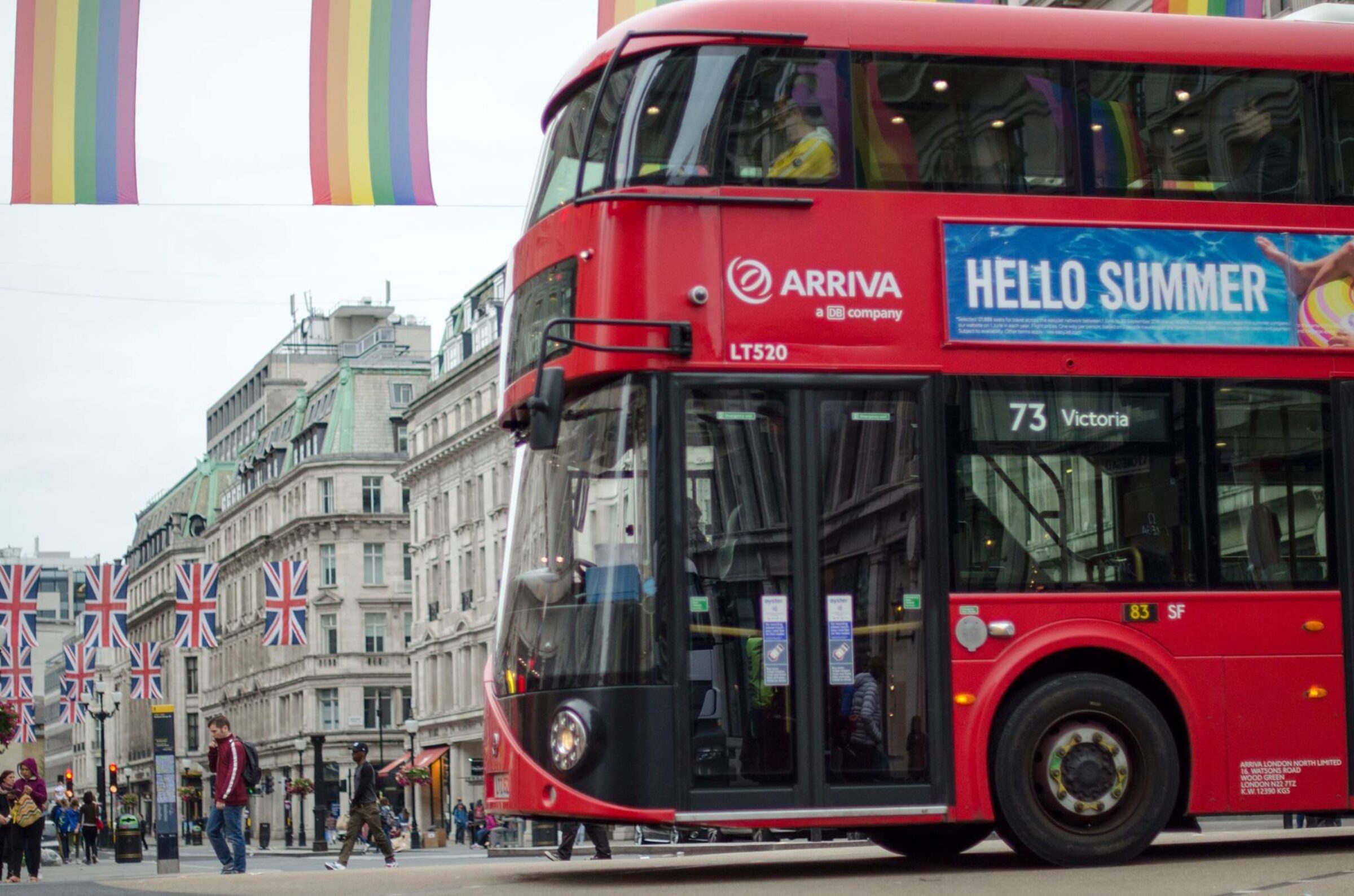How to Learn British Slang!

When you’re learning a language, it isn’t just a case of memorising words and their meanings. To speak or write fluently, you need to have a good grasp of the types of different language and how they’re used. Slang is an informal form of language and it’s typically used verbally, more than in writing. While many British slang words and phrases have crept into general usage, it’s vital to know how to use these phrases and, more importantly, when to use them!
How Important is British Slang?
Slang is important in every language as it’s one of the most common types of language used in communication. When you’re learning English, you’ll find that slang terms and phrases are routinely used. Whether you’re chatting to people in the office, ordering a coffee in a café, or catching up with friends, British slang words will be part of your vocabulary.
However, slang can be tricky to learn as the environment often determines whether it’s appropriate to use informal language or not. Furthermore, some British slang words are simply shortened versions of other words, whereas others can be fairly offensive terms. To avoid causing embarrassment, it’s essential to know which are British slang insults and which are appropriate to use in polite company!
Most Used British Slang Words and Phrases
To become familiar with the words and phrases that you’ll encounter, take a look at some of the most commonly used British slang now:
- Banter – joking or teasing
- Cheers – a common way of saying ‘thank you’ or toasting someone or something with a drink
- Gutted – disappointed or upset
- Knackered – extremely tired or exhausted
- Minging – disgusting or unpleasant
- Skint – not having any money
- The Bee’s Knees – great or awesome
The above terms are British slang words that are typically used in informal settings. If you’re talking to friends, for example, you might hear these words being used freely. When you’re using British slang, however, you’ll need to know about the idioms that are commonly used by English speakers. These include:
- Actions speak louder than words – what you do is more important than what you say
- Back to the drawing board – go back and start again
- Don’t judge a book by its cover – don’t judge based on looks
- Kill two birds with one stone – accomplish two tasks at once
As you can see, it isn’t always clear from the individual words exactly what an idiom means. Despite this, these are common phrases that have crept into regular usage. In fact, you’ll find that many British idioms are used in both formal and informal settings, so don’t be surprised to hear them among friends or in the workplace.
Learning British Slang
You can learn British slang words and phrases by memorising the words and their meaning, but this won’t necessarily help you to know when to use them. If you want to incorporate British slang into your vocabulary, these top tips will help you:
1. Learn from a Native Speaker
When you learn English from a native speaker, you’ll get to experience British slang words being used in a natural, real-life setting. This will help you to establish how phrases are used and what intonation they’re used with. In addition to this, native speakers are familiar with a wide variety of phrases and British slang words, so you’ll be able to ask about any that you’ve heard or that you don’t understand.
2. Listen to Different Accents
As you may know, there are numerous British accents and some sound very different to others! Some slang terms are more common in some parts of the country than others, so the range of slang you’ll hear will depend on where you are. By listening to different accents, you can pick up on different forms of British slang and expand your vocabulary.
3. Practise Your Speaking Skills
Slang words are more commonly used when you’re speaking and not when you’re writing. Due to this, it’s essential to practice your speaking skills if you want to be able to incorporate British slang words into your vocabulary. The more you practice, the more confident you’ll feel about using British slang in a real-life setting.
4. Immerse Yourself in the Culture
One of the best ways to familiarise yourself with British slang is simply to listen to locals speak. When you spend time in and around London, you’ll hear slang being used in different environments and at different times. This exposes you to how slang is used in everyday life and can enable you to pick up new words and phrases quickly.
Start Learning English Now
If you’re eager to start learning English or you want to expand your skills, enroll on a course with ABC School today. Take a look at our brochure, book a course online or get in touch with our team on +44 (0) 20 7836 8999 to find out more!













